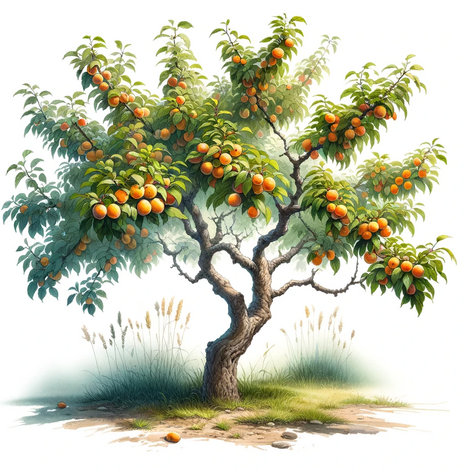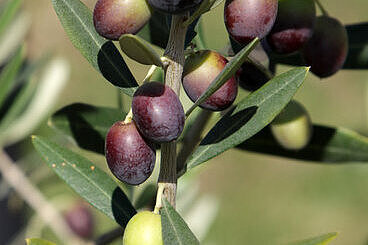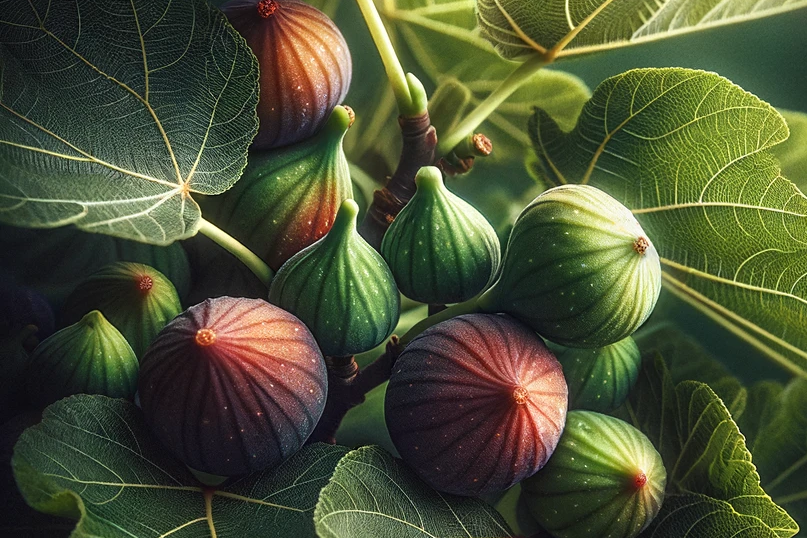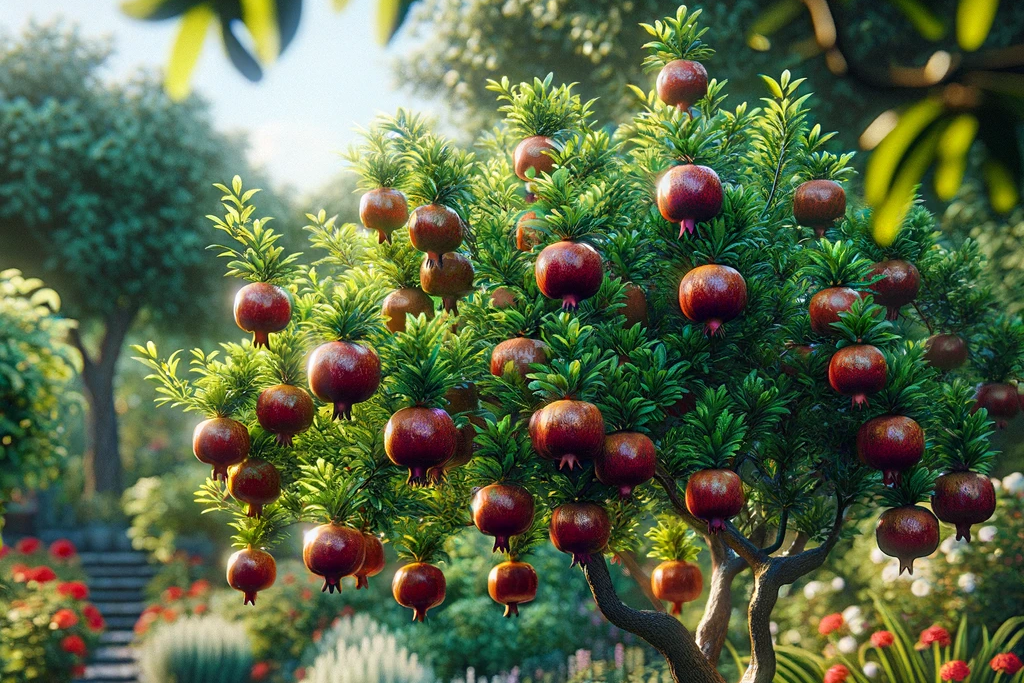Apricot tree

What is an apricot tree?
The apricot tree (Prunus armeniaca) is a fruit tree from the Rosaceae family that is known for its edible fruit. The apricot, the fruit of the tree, is rich in vitamins, minerals and fiber. While the fruit offers many health benefits, other parts of the tree, such as kernels, leaves and stems, contain amygdalin, a compound that can be converted into cyanide, a potentially toxic substance, in the body.
Benefits of apricots for dogs
Natural source of nutrients
Apricot fruit, when fed in moderation, can be a source of vitamins A and C, which support the immune system and contribute to healthy skin and coat. They also contain fiber, which can promote healthy digestion.
Antioxidant properties
The antioxidants found in apricots can help reduce oxidative damage in cells, supporting overall health.
Possible dangers and disadvantages
Toxicity of the kernels
The kernels (seeds) of the apricot tree contain amygdalin, which is converted into cyanide in the body. Ingestion of apricot kernels can be toxic to dogs and lead to symptoms such as respiratory distress, lethargy, excessive salivation and, in severe cases, even death.
Danger from leaves and stems
Not only the kernels, but also the leaves and stems of the apricot tree contain amygdalin and therefore pose a risk to dogs. Chewing on these parts of the tree should be avoided at all costs.
Gastrointestinal complaints
Although the fruit can be safe even in small amounts, the high fiber content can cause gastrointestinal discomfort in some dogs, especially if they are not used to this type of food.
Allergic reactions
As with any new food intake, there is a risk of allergic reactions to apricots. Symptoms can range from mild skin irritation to more severe digestive upset.
While the apricot fruit can be a safe and nutritious treat for dogs in moderation and without pits, other parts of the apricot tree pose serious risks. The potential toxicity of the kernels, leaves and stems due to the amygdalin content makes it essential to keep dogs away from these parts of the tree. As with any supplement in your dog's diet, it's important to start with small amounts and monitor your dog's reaction carefully.
Properties 4
Are you looking for other ingredients with a specific property?
Just click on them to find more.
If you notice any signs of hypersensitivity or poisoning in your dog, you should see your vet immediately. We are not a substitute for a vet, but we try to be as accurate as possible. Every dog reacts differently and we recommend you get a second opinion or consult your vet if in doubt.
Stay healthy and take good care of your four-legged friend!😊
Similar to Apricot tree
The olive tree belongs to the olive tree family (Oleaceae) and is one of the oldest cultivated plants in the world. It originally comes from the Middle East and was cultivated in the Mediterranean...
Lemon trees (Citrus limon) are not only known for their juicy fruit, but also for their essential oils, which are often used in cleaning products and fragrances. While these properties can be...
The common fig (Ficus carica) is a fruit that grows on the tree of the same name, which belongs to the mulberry family (Moraceae). Originally from the Middle East, the fig has spread around the...
The pomegranate tree is a fruit-bearing plant that originated in the Middle East and is now cultivated worldwide in tropical to subtropical climates. It is characterized by its bright red fruits,...



